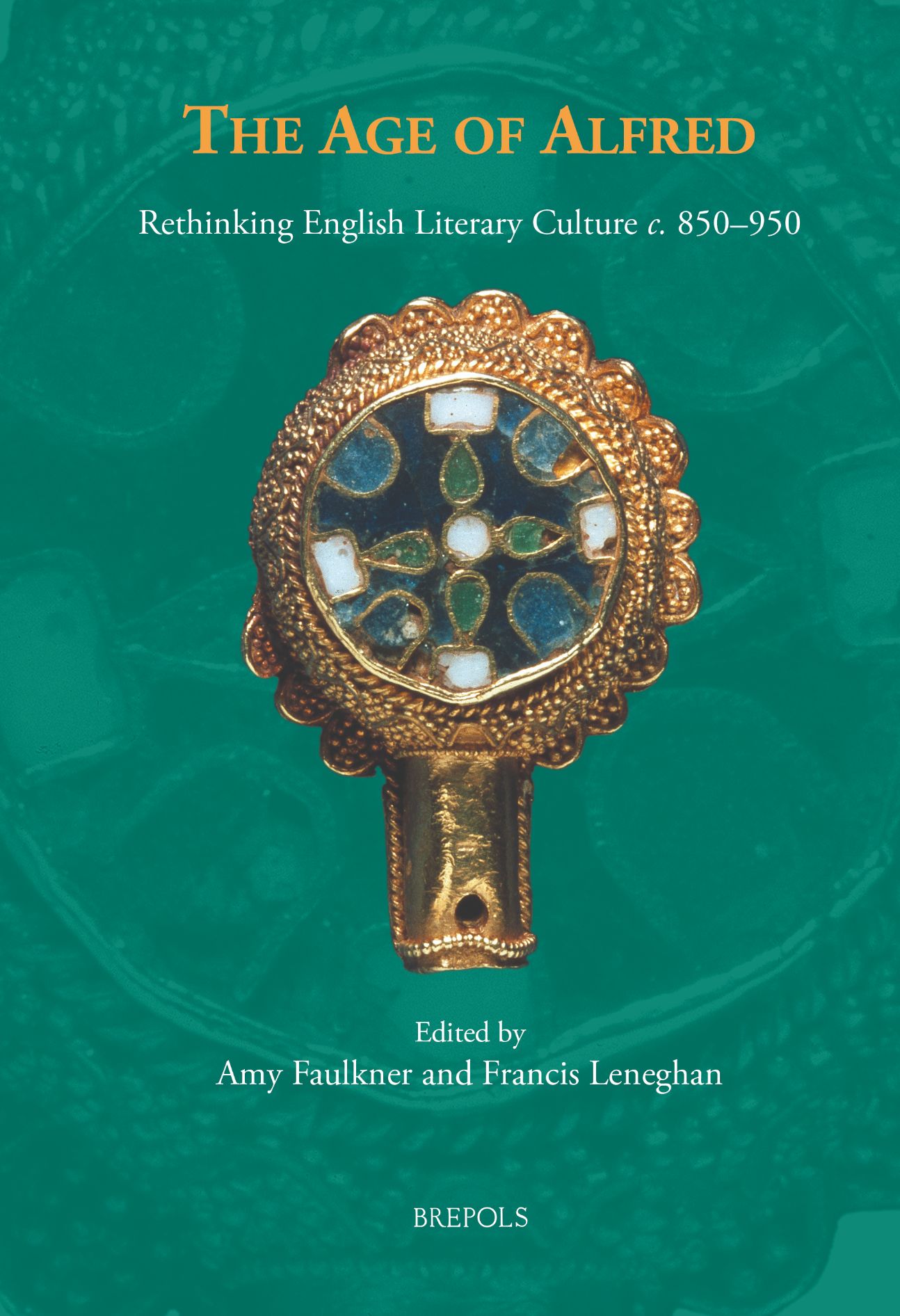
Amy Faulkner, Francis Leneghan (édit.), The Age of Alfred. Rethinking English Literary Culture c. 850–950
Explores recent developments and debates, and showcases new directions in research, in relation to a key figure in English literary history: Alfred the Great.
King Alfred the Great (r. 871–899) remains a key figure in English literary history. Although his reputation as a scholar who was personally responsible for the translation of a number of Latin works is no longer secure, the figure of the wise king nevertheless casts a long shadow over vernacular writing from the late ninth century through to the twelfth. This volume takes stock of recent developments and debates in the field of Alfredian scholarship and showcases new directions in research. Individual chapters consider how English authors before, during, and after Alfred’s reign translated and adapted Latin works, often in innovative and imaginative ways. Other contributions provide new contexts and connections for Alfredian writing, highlighting the work of Mercian scholars and expanding the corpus beyond the works traditionally attributed to the king himself. Together, these essays force us to rethink what we mean by ‘Alfredian’ and to revise the literary history of the ‘long ninth century’.
------
Table of Contents
Introduction: Rethinking English Literary Culture c. 850–950
Amy FAULKNER and Francis LENEGHAN
I. Contexts
Old English Literature Before Alfred: The Mercian Dimension
Christine RAUER
Writing Latin in the Age of Alfred
Robert GALLAGHER
The 'Thing Power' of the Fabulous Alfred Jewel
Georgina PITT
Alfredian Geographies
Nicole Guenther DISCENZA
II. Textual Criticism, Source Study, and Style
The Origins of the Old English Bede
Greg WAITE
The Idea of Decorum in the Old English Dialogues
Susan IRVINE
The Old English Pastoral Care: Who wrote it, When, Why and for Whom? A Review of the Evidence
Daniel ANLEZARK
Refrains and Whole Verse Repetitions: Patterns in Sung Verse in the De consolatione philosophiae and the Old English Boethius
Karmen LENZ
The Singularity of the Old English Boethius
Adrian PAPAHAGI
Latin Commentary on Boethius’s De consolatione Philosophiae as a Source of Added Material in the Old English Soliloquies
Leslie LOCKETT
III. Vernacular Philosophy and Theology
Bending Minds in the Old English Boethius
Erica WEAVER
Easing Unease in the Old English Boethius and Soliloquies: A Mystical Turn
Michael TRESCHOW
The Ninth-Century Psalter in England
M. J. TOSWELL
Examining Dualities in the Old English Prose Psalms
Emily BUTLER
King Alfred as the Skipper in Andreas
Richard NORTH
IV. Royal Authority and Legislation
Ælfred se casere: Kingship and Imperial Legitimation in the Old English Orosius
Omar KHALAF
The Winchester Scribes and Alfredian Prose in the Tenth Century
Emily KESLING
Chronicle Compilation and West-Saxon Succession
Courtnay KONSHUH
The Domboc in the Laws of Edward the Elder
Stefan JURASINKSI
The Wayward Tongue of Folcleasung in Alfred 32: Oaths, Bodies, and Communal Truth
Katherine O’BRIEN O’KEEFFE
V. Afterword
Why did the Anglo-Saxons switch from Verse to Prose?
Malcolm GODDEN